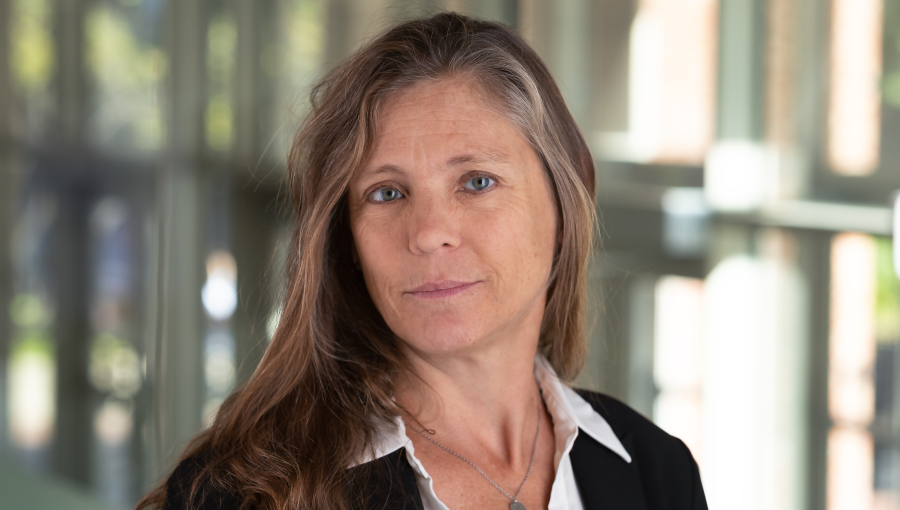Guarini Institute for Public Affairs Commemorates Rwandan Genocide
By Nastassja Biles and Flavia Loner
On April 7th, 2017 the Guarini Institute for Public Affairs co-organized with Ibuka Italia the 23rd Commemoration of the Genocide of Tutsi in Rwanda. The event took place in the Aula Magna of the Roman high school Liceo Terenzio Mamiani. The Rwandan genocide was a mass slaughter of the Tutsi people by members of the Hutu majority government. It was a meticulously organized genocide that lasted from April 7 to mid-July, 1994. An estimated 800,000 Rwandans were killed during this 100-day period.
Winston Churchill, when describing the Nazi’s mass killing, said that it was “a crime without a name.” The term “genocide” was coined in 1944 by Raphael Lemkin, a Polish-Jewish lawyer, who created a word to accurately describe the horror of Nazism and the Holocaust. The word genocide is a combination of the Greek prefix geno – (meaning ‘race’) and the Latin verb caedere (meaning ‘to kill’), therefore defining the systematic destruction of a nation or a people. Racial discrimination is often the starting point for the mass slaughter of populations, as it was for the Tutsi and the Jews. Genocide is the attempt to eradicate a race, but it is not limited to killing, as it also involves attempts to eliminate culture, language, and so on.
In 2007, former Secretary-General of the United Nations, Kofi Annan, created the Kofi Annan Foundation, whose mission is to build a more peaceful world by reminding humanity of the past, in order to prevent future genocides. Recently, Pope Francis asked forgiveness for the Church’s role in the Rwanda genocide, when it was discovered that some Catholic priests and nuns took part in the 1994 killings.
“The anniversary of the Rwandan genocide reminds us of the evil that men do,” said Professor Elisa Guida from Università della Tuscia. It also reminds us of the banality of evil, the term used by German-born Jewish American political theorist Hannah Arendt to describe Nazi war criminal Adolf Eichmann. Evil actions often stem from other countries’ indifference or inaction, something which characterizes both the Holocaust and the 1994 genocide of Tutsis. In 1994 Rwanda, thousands of Hutu (peasants, farmers, teachers, etc.) were mobilized by their leaders to carry out the genocide of the Tutsi minority. Each citizen was issued a racial identification card, which defined them as either legally Hutu or Tutsi. This distinction only encouraged the ideas of racial superiority and hate against the Tutsis in the rest of Rwanda.
Esther Mujawayo, founder of AVEGA (Association of Widows of the Genocide) gave a moving speech regarding her experience during the genocide. She said she does not know who she is anymore, because she has no husband, no children, no parents, or relatives. She jumped over her friends’ and neighbors’ corpses to save herself. Nobody was given a decent burial and people did not have time to properly mourn those who had died. 80% of the women in the association of widows were raped during those 100-days. There are moral wounds, family wounds, and as Mujawayo said, no one knows when they will be healed. Physical wounds are clearly visible, but psychological ones are deeper. The speakers ended by emphasizing the importance of teaching new generations about genocide in order to prevent future disasters.







